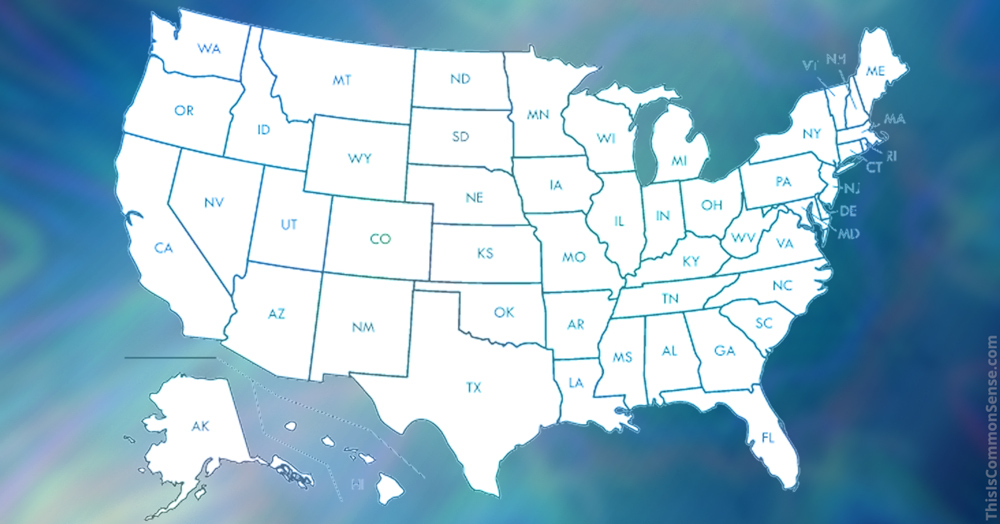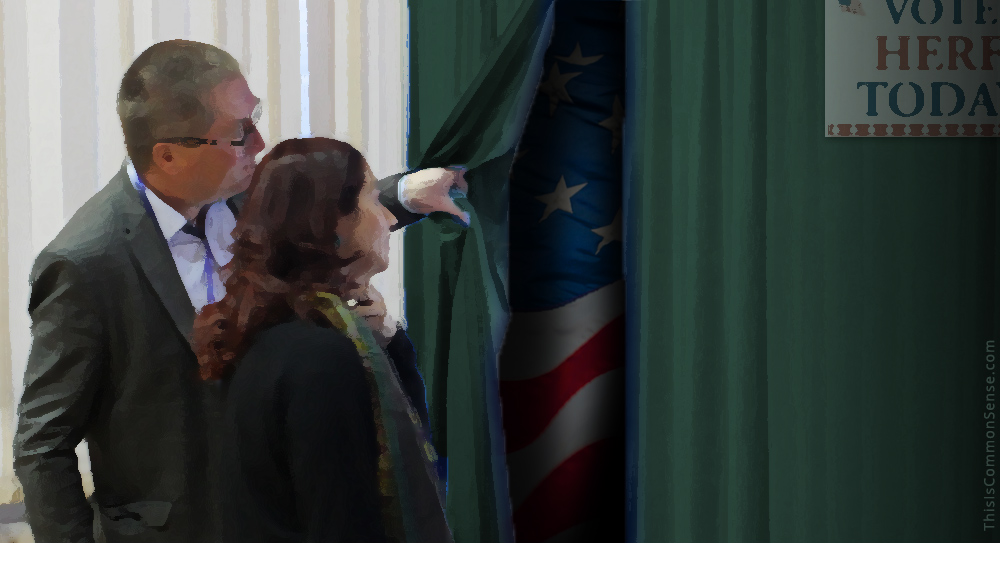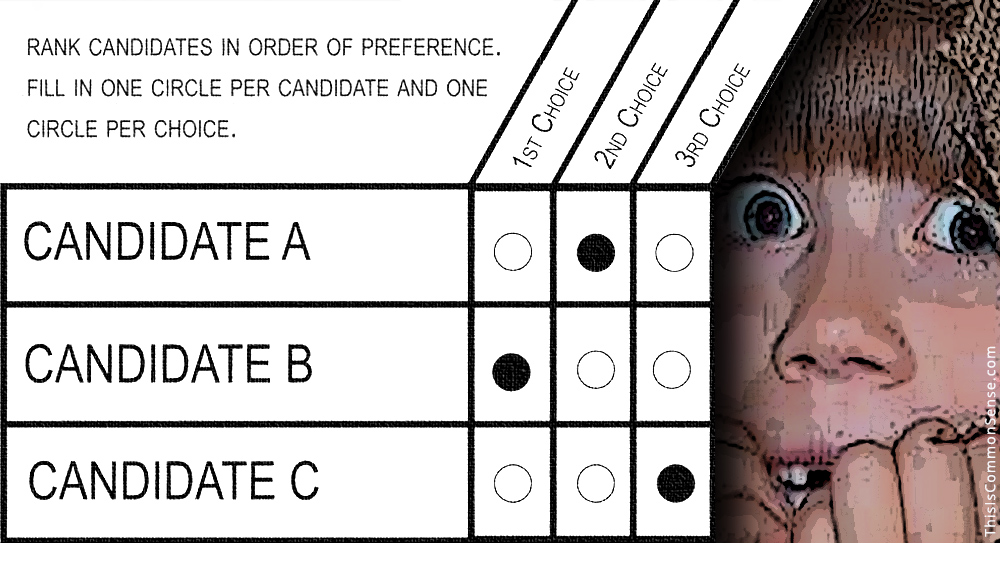On Wednesday, I said we should, to borrow the vernacular, “have a conversation” about a national referendum.
Billionaire investor, environmentalist, and Democratic presidential candidate Tom Steyer proposed the idea, which I’ve loved conceptually since my friend, former Alaska Sen. Mike Gravel (also a Democratic presidential candidate), first advocated it decades ago.
But that ol’ devil — he’s in the details. (Decidedly not the latest lingo.) What might a national initiative and/or referendum process look like?
Given that it would require a constitutional amendment — meaning ratification by 38 of the 50 states — the process must win broad support to be enacted.
Here’s what I propose: Allow any statutory initiative measure to be petitioned onto a federal General Election ballot with signatures equaling 6 or 8 percent of the country’s population* and as verified by election officials in each state. Require a concurrent majority, whereby for a measure to pass it must garner not only a majority of the vote nationally, but also a majority vote in at least 20 states — or even in a majority of the states.
An initiative proposing a national constitutional amendment should do more. Require, say, a petition signature threshold of 10 or 15 percent and not merely a majority of the vote nationally to pass, but mirroring the current amendment process, mandate a majority in each of at least 38 states.
If U.S. Term Limits is successful in getting 34 states to call a convention to propose an amendment for congressional term limits, a national referendum process could follow in those footsteps.
Talk about two ideas that will pop blood vessels in the heads of professional politicians and their special interest cronies!
Dare to dream.
This is Common Sense. I’m Paul Jacob.
* This should simply follow the figures of the most recent census, of course.

—
See all recent commentary
(simplified and organized)










